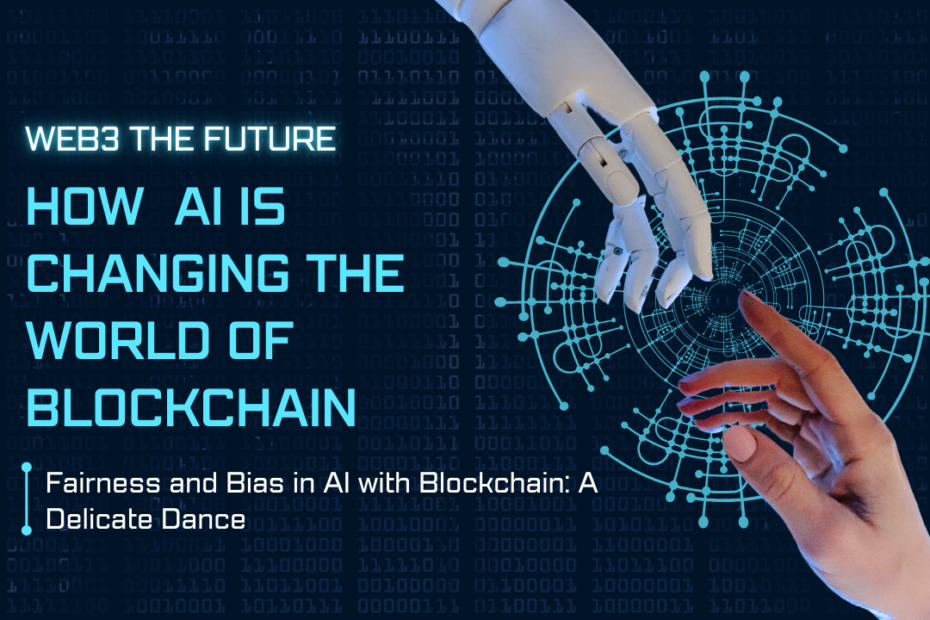Artificial intelligence (AI) and blockchain are two of the most transformative technologies of our time. AI offers unparalleled automation and decision-making capabilities, while blockchain provides a secure and transparent platform for data exchange. However, both technologies are susceptible to perpetuating biases, potentially leading to discriminatory and unfair outcomes. This article explores the challenges of fairness and bias in AI with blockchain, and proposes strategies for leveraging these technologies responsibly.
The Pitfalls of Bias in AI
AI systems, particularly machine learning models, learn from data. If the training data is biased, the resulting model will likely replicate those biases. This can lead to discriminatory outcomes in areas like loan approvals, facial recognition software, or even criminal justice predictions. Biases can creep in at various stages:
- Data Collection: Data may be skewed due to inherent societal biases or limitations in data collection methods.
- Algorithm Design: Algorithmic choices made by developers can inadvertently introduce biases.
- Human Interpretation: Humans interpreting AI outputs can inject their own biases.
The consequences of bias in AI can be far-reaching. It can exacerbate existing inequalities, limit access to opportunities, and erode trust in these powerful technologies.
Blockchain: A Double-Edged Sword
Blockchain, with its core principles of decentralization, immutability, and transparency, holds promise for mitigating bias in AI. However, it’s not a silver bullet. Here’s how blockchain can be both a source and solution for bias:
- Data Provenance: Blockchain can track the origin of data used to train AI models, allowing for greater transparency in data collection and aggregation. This helps identify potential sources of bias.
- Decentralized Data Sharing: Blockchain can facilitate secure data sharing among multiple parties, enabling the creation of more diverse and representative datasets, which can lead to fairer AI models.
- Perpetuating Bias: If a biased dataset is used on a blockchain platform, the bias can become entrenched and difficult to rectify.
Building Fair and Accountable AI on Blockchain
To ensure fairness, transparency, and accountability in AI models built on blockchain platforms, several strategies can be implemented:
- Data Curation: Curating training data to ensure diversity and prevent the inclusion of biased information is crucial.
- Algorithmic Auditing: Regularly auditing AI models for bias using fairness metrics and human review is essential.
- Decentralized Governance: Establishing a decentralized governance framework for blockchain-based AI can help ensure transparency and accountability in decision-making processes.
- User Control: Providing users with greater control over their data and the ability to opt-out of biased AI models is important.
The Road Ahead: Responsible Innovation
Mitigating bias in AI with blockchain requires a multi-pronged approach. Collaboration between technologists, policymakers, and social scientists is crucial for developing ethical frameworks and best practices. Public awareness about AI bias and the potential of blockchain to address it is also essential. By acknowledging the challenges and working towards responsible innovation, we can harness the power of AI and blockchain to create a more just and equitable future.
This article has only scratched the surface of this complex topic. As AI and blockchain continue to evolve, ongoing research and development are necessary to ensure these technologies are used for good. The future of AI and blockchain hinges on our ability to address bias and build fair, accountable systems that benefit everyone.

